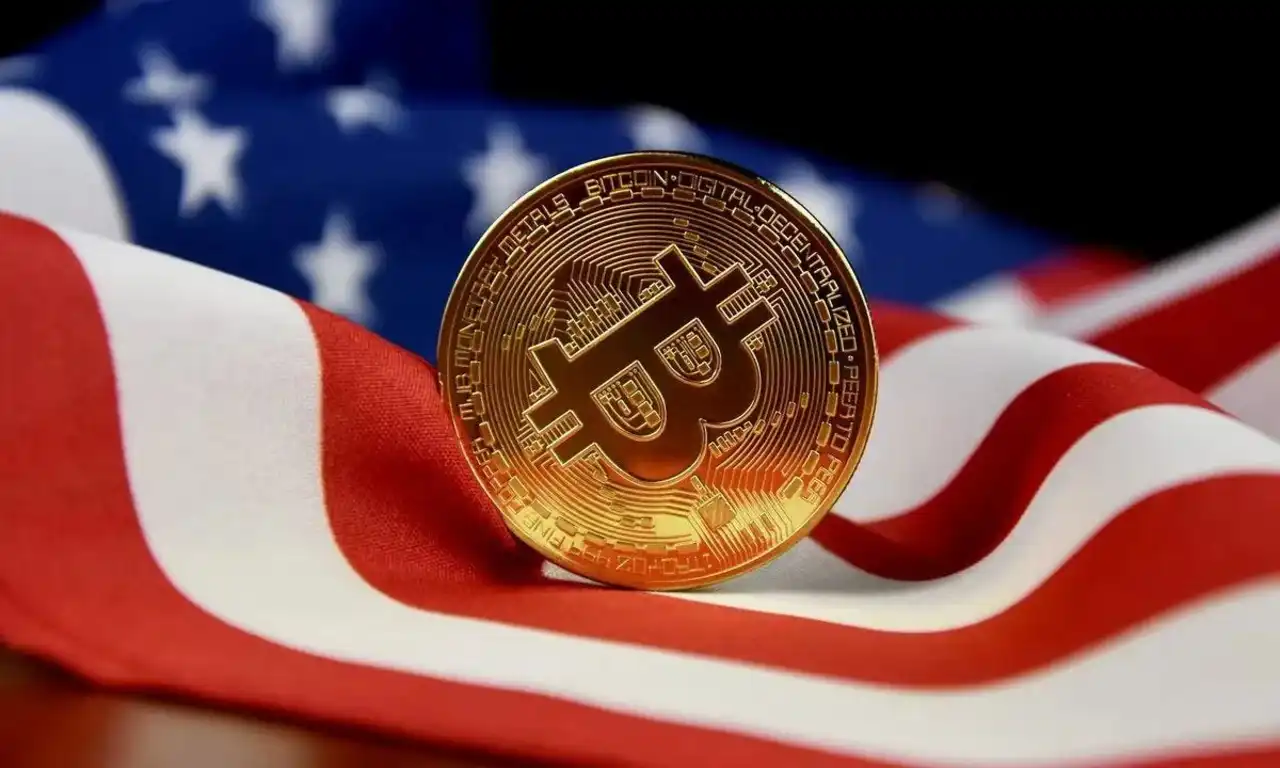Bitcoin Reserve Bill in the United States
In recent years, the idea of establishing a strategic Bitcoin reserve has gained attention in the United States.
This idea is driven by the belief that Bitcoin can serve as a national strategic asset, similar to gold or oil reserves, which could help address national debt and strengthen the country’s financial position.
The Role of Senator Cynthia Lummis in Promoting the Bitcoin Reserve Bill
Citing information from Bitcoinist, Senator Cynthia Lummis of Wyoming—known as one of the leading Bitcoin advocates in the U.S. Congress—has played a key role in promoting the establishment of a strategic Bitcoin reserve.
In July 2024, Lummis introduced legislation proposing that the Department of the Treasury and the Federal Reserve purchase 1 million Bitcoin over a five-year period.
The goal of the bill is to acquire approximately 5% of the total global Bitcoin supply, with the hope that the future appreciation of Bitcoin’s value can help reduce the U.S. national debt, which currently stands at $36 trillion.
Political Support and Challenges
The idea of creating a Bitcoin reserve has received bipartisan support. In addition to Lummis, Democratic Representative Ro Khanna from California has also expressed support for the concept.
Khanna argues that Bitcoin seized by the U.S. government should not be sold but rather held as part of the national reserve.
However, the bill faces significant challenges in Congress. Many lawmakers remain skeptical about Bitcoin’s volatility and its potential use in illicit activities.
Additionally, there are concerns about the economic and financial implications of a large government investment in a digital asset that is still relatively new and lightly regulated.
President Trump’s Executive Action
In March 2025, President Donald Trump signed an executive order to establish a strategic Bitcoin reserve.
The order instructs that Bitcoin seized through criminal or civil processes be used to fund the reserve.
Furthermore, the order directs the Secretaries of the Treasury and Commerce to develop a strategy for additional Bitcoin acquisitions that would not burden American taxpayers.
Implications and Future Outlook
The establishment of a strategic Bitcoin reserve by the U.S. government marks a significant step in the adoption of digital assets at the national level.
Supporters of the initiative argue that this move could strengthen the United States’ position as a leader in financial innovation and blockchain technology.
However, critics of the initiative highlight the risk of Bitcoin’s price volatility and the potential negative impact on economic stability if the value of Bitcoin were to decline sharply.
The success of the Bitcoin Reserve Bill and its implementation will largely depend on political support, appropriate regulation, and public acceptance of Bitcoin as a national strategic asset.







